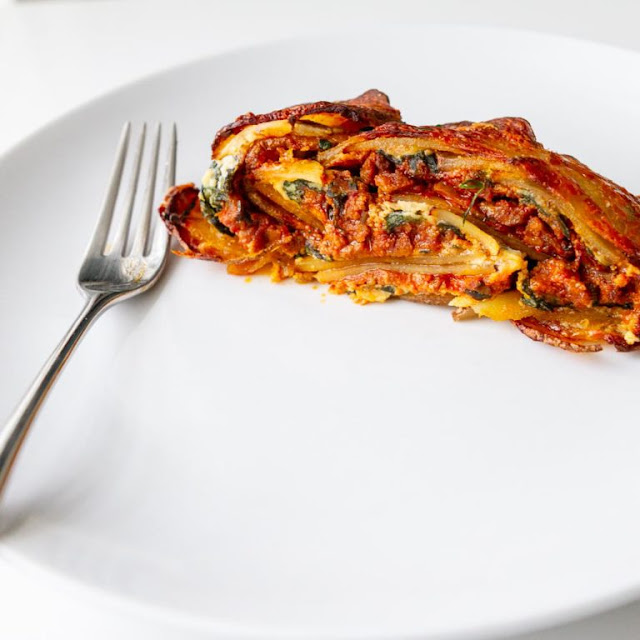Healthy protein foods

Protein is an often-discussed food topic. Stories about high-protein diets litter magazines, news sites and social media. So let's cut through the hype and take a look at some facts.
Protein is an important part of a healthy eating pattern. It's made up of amino acids and plays a vital role in repairing and building bones and muscles in our bodies.
Which are the best sources?
When choosing protein foods, variety is the key. Eating a diverse range of healthy proteins gives your body other important nutrients, including iron, zinc and other important minerals and vitamins (particularly B-group vitamins).
How much should you eat?
Most people should aim for 1–3 serves of either lean meat, poultry, fish, eggs, nuts or seeds, or legumes each day.
The recommended number of serves can vary depending on your age and gender. For more information on what’s right for you, visit the Australian Dietary Guidelines website or talk to an Accredited Practising Dietitian
Healthy meat, poultry and seafood
Australians eat a lot of meat and poultry, but we're not always making the best choices. How you prepare meat, poultry and seafood for cooking makes a big difference to whether they're healthy. Your heart health also benefits if you switch some meat dishes for fish and other seafood during the week.
Learn what makes meats, poultry and seafood healthy and how much to eat.
Vegetarian and vegan-friendly proteins
If you don't eat meat or animal products of any kind, it can seem hard to get enough protein into your diet each day. And even if you are a meat eater, you should include plenty of other protein options as a part of your eating pattern.
Legumes, nuts and seeds
Legumes (also known as pulses) include foods like chickpeas, lentils and beans and are a great plant-based protein. Along with nuts and seeds, they can add non-animal proteins to your diet.
Find out more about eating legumes, nuts and seeds.
Eggs
Some people think eggs aren't healthy, which isn't actually true. They're a good source of protein.
Learn more about eating eggs healthily.
Dairy foods and alternatives
Dairy foods like low-fat milk, cheese and yoghurt contain protein, but they're beneficial in their own right.
Discover the heart-health benefits of dairy foods.
Tips for including protein foods
Choose lean meat and skinless poultry trimmed of visible fat, and include fish or seafood 2–3 times a week.
Avoid processed meats like sausages and deli meats like salami.
Eggs make great lunchbox fillers for adults and children and are very portable when hard boiled.
Add legumes to soups, casseroles, salads and meat sauces to extend the meal and add extra texture and flavour. This means you can use less meat, which makes the dish lower in fat and cheaper.
Include a handful (30 g) of nuts every day. Include as a snack or add to your favourite stir fry or breakfast cereal.

Comments
Post a Comment